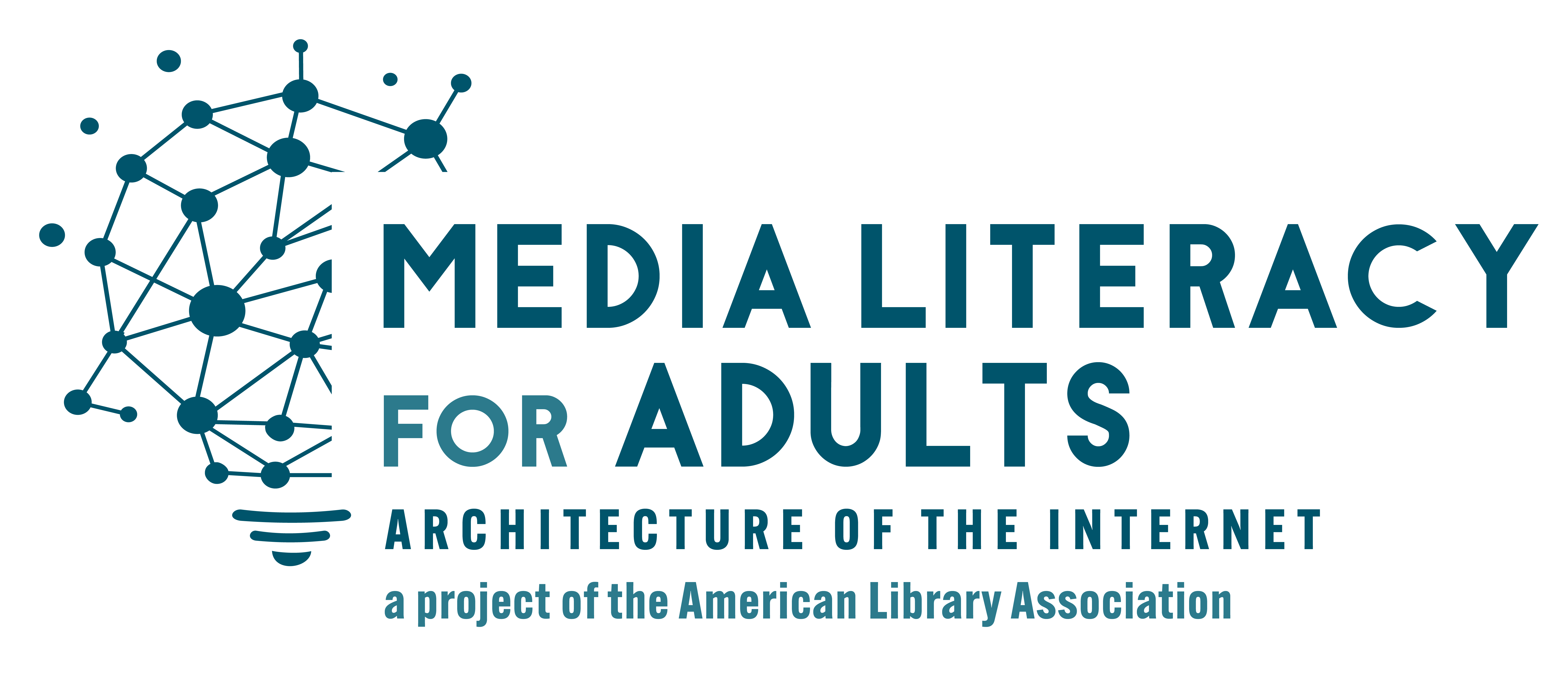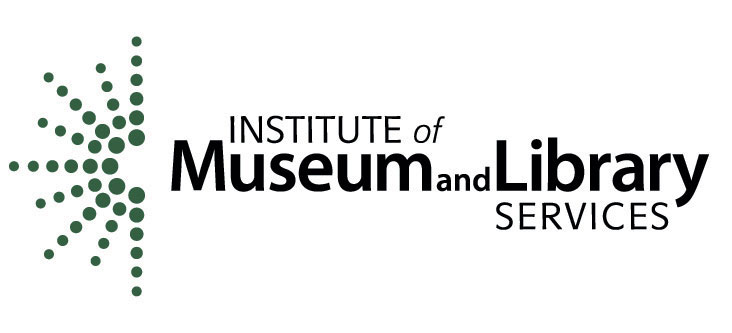Media Literacy Education for Adult Audiences: Decoding Algorithms
In this session, we will explore algorithms and how they fundamentally shape our digital interactions

Comprehending the world of algorithms and the crucial role that they play in unlocking the digital world is a key part of navigating the internet. Join us for the third session in our Media Literacy Education for Adult Audiences: Architecture of the Internet webinar series, a five-part series that will focus on shedding light on the often-overlooked aspects of the internet that shape the information landscape online.
In this session, “Media Literacy Education for Adult Audiences: Decoding Algorithms”, we will explore algorithms and how they fundamentally shape our digital interactions. Key learning objectives for this session include:
- Understanding what algorithms are and recognizing examples in daily life
- Identifying bias in algorithms and how it impacts the delivery of information
- Discussing strategies for educating adult patrons about the role and implications of algorithms
This webinar series focuses on topics included in the recently published Media Literacy for Adults: Architecture of the Internet Programming Guide.
Resources
- Presenters' Slideshow
- How to be a Digital Citizen (includes curated reading lists, Digital Expo recordings, and other helpful resources)
- Digital Privacy Series Facilitator's Guide
- Survey of Online Harms in Canada 2024
- 2020 - 2024 Toronto Public Library Strategic Plan
- Strategic Plan 2025 - 2029: Two Consultation Results and Priority Areas
- "Toronto police used Clearview AI facial recognition software in 84 investigations" CBC News
- Artificial Intelligence and Data Act
Accommodations
This webinar will be presented online via Zoom. Closed captions will be enabled during the presentation, and we will share a copy of the presenter's slideshow at least 24 hours in advance. If you need other reasonable accommodations, please reach out to us by November 6, 2024 via email at publicprograms@ala.org or by calling 312-280-5045.
This project was made possible in part by the Institute of Museum and Library Services grant number LG-252324-OLS-22. 

Fiona O'Connor is a Senior Services Specialist in Digital Literacy Initiatives at the Toronto Public Library. With a passion for technology and information privacy, Fiona plays a pivotal role in developing and implementing programs and staff training in various critical areas, including Digital Privacy, Artificial Intelligence, Big Data, Misinformation and Disinformation and Open Data.
